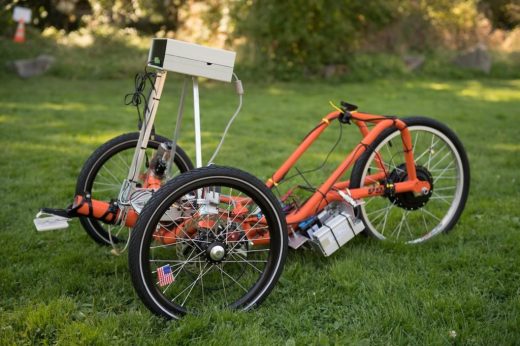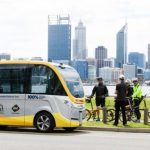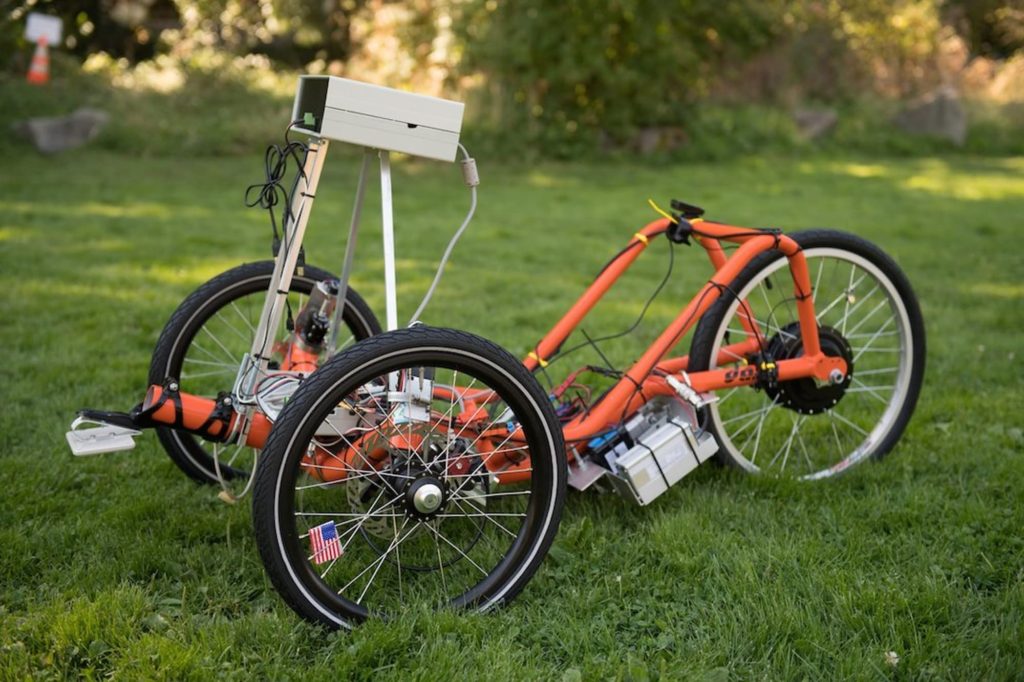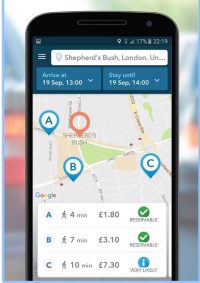Is this autonomous tricycle what urban smart cities need?
Is this autonomous tricycle what urban smart cities need?

The University of Washington Bothell (UWB) wants tricycles to be part of the self-driving conversation, providing smart cities with a cheaper and smaller alternative to cars and buses.
The team started with a remote-controlled tricycle, but moved to a self-driving system last week. It is only able to drive in a circle at the moment, but the team is confident it can reach miles autonomously in the future.
See Also: Shoka Bell rings up a new connected commute
After the tricycle becomes fully autonomous, the team wants to sell it for $ 10,000. Another route could be a self-driving fleet of tricycles, similar to Uber’s self-driving fleet in Pittsburgh, taking commuters across the city.
Autonomous tricycle has its upsides
The tricycle has plenty of advantages when compared to cars, it takes up less space on the road, weighs less, and is more environmentally friendly than the fuel chugging automotives on our roads today.
“We’re using things much less powerful than a smartphone,” Tyler Folsom, head of the team at UWB. “Part of the concept is that you don’t have to spend as much money as the big car companies are spending. My contention is you don’t need all that much processing power to make autonomy happen.”
Smart cities require innovative transport ideas, and while autonomous tricycles seem like a longshot, it could be a way to reduce the road size, providing more space for businesses, parks, and green space.
“The big thing for me is the effect this could have on global warming,” said Folsom. “If we can push transportation in this direction—very light vehicles—it’s a major win for the environment. I want to have the technology that lets people make that choice if we decide, yes, by the way, survival would be a nice thing.”
The post Is this autonomous tricycle what urban smart cities need? appeared first on ReadWrite.
(16)














